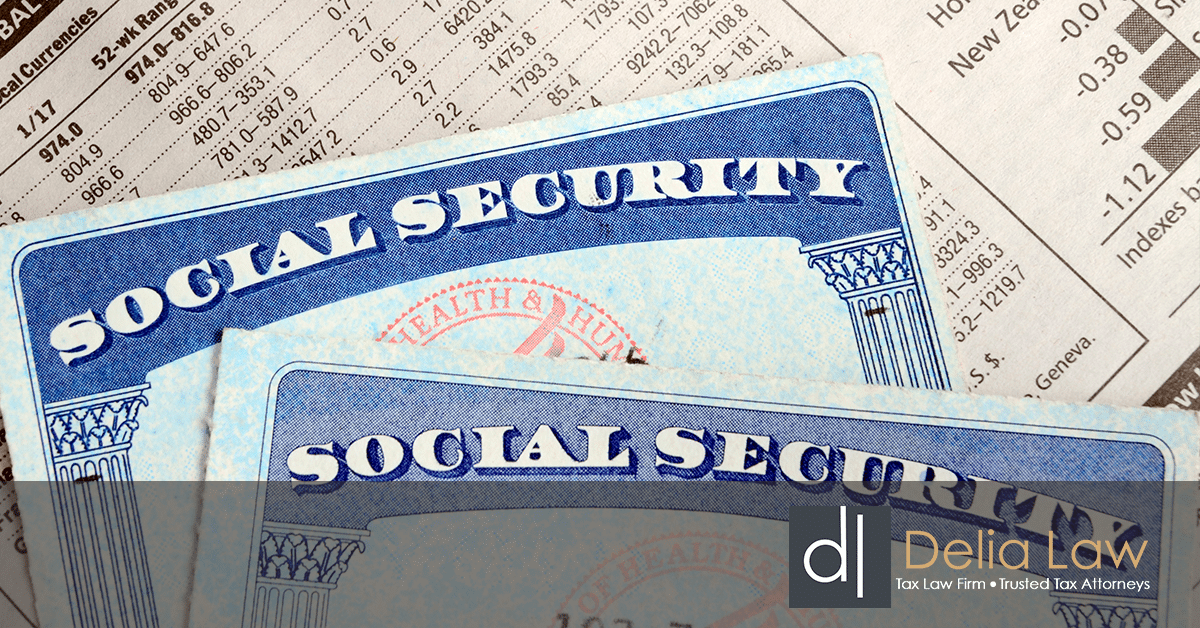Have you recently received a Notice and Demand for Payment of unpaid taxes from the IRS or New York Department of Taxation and Finance? You’re not alone. There are options for handling your tax debt beyond sending a massive lump sum payment to the IRS. An experienced tax attorney in New York can help you handle tax collection efforts and avoid the significant penalties you may absorb if you fail to repay your tax debt on time. One of the most substantial penalties some taxpayers in arrears with the IRS face is a tax lien.
What Is a Tax Lien?
In the simplest terms, a tax lien is a public notice from the IRS that the agency has a legal claim to a taxpayer’s property. Once the IRS has determined a taxpayer owes back taxes, the agency will review the taxpayer’s financial information and tax payment history to determine the exact amount due. A federal tax lien basically notifies creditors that the government has a legal claim on the taxpayer’s property.
The IRS will pursue a tax lien when the agency deems it appropriate. This will be after notifying the taxpayer of their debt and issuing a Notice and Demand for Payment. This Notice will include a full breakdown of the amount owed, interest accrued, and penalty fees applied to the balance. The Notice will also include a due date for repayment. If the taxpayer does not respond to the Notice or repay the listed amount by this date, the IRS will begin collection efforts, and there is a ten-year statute of limitations in which they may do so.
Potential Fallout from a Federal Tax Lien
A federal tax lien held by the IRS against you can make it very difficult to buy a home, obtain a loan, or secure other financing. While the lien may not appear on your credit report, it will still damage your credit rating significantly. Additionally, a lien will persist even if you file for bankruptcy. If you do not repay your tax debt within the terms of the federal tax lien, the IRS will then likely move to levy the property listed in the lien.
The federal tax lien held against you applies to all of your property, including your home and any other tangible assets you own that a creditor may have the right to seize due to insolvency. The lien will make it very difficult for you to apply for any kind of financing, and a lien against your business could make your accounts receivable subject to seizure.
How to Get Rid of a Federal Tax Lien Against You
The simplest and fastest way to get out from under a federal tax lien is to repay your tax debt to the IRS in full. Once paid, the IRS will discharge the lien within 30 days. However, if you owe a substantial amount to the IRS, you may not be able to afford a single lump payment for your back taxes. An experienced New York tax attorney can help you explore your options for reducing the impact of a federal tax lien or having the lien removed from your property.
In some cases, certain properties may qualify for discharge. Your attorney can analyze the IRS internal revenue manual to determine whether any of your assets qualify for discharge of property and exemption from the lien. Another option is subordination, which does not remove the lien but allows other creditors to move ahead of the lien. This can help if you need to buy a house or obtain financing for another reason.
It is also possible to qualify for withdrawal of the lien in some situations. If you can prove to the IRS that they are not in competition with other creditors for your property, the IRS may withdraw the lien from public record. If you satisfy your tax liability and the lien is released, you must also remain in compliance for three tax years’ filings, including all of your individual and business returns. You must also be current on federal tax deposits and estimated tax payments as required to allow for withdrawal of the federal tax lien.
Why Do I Need a Tax Attorney?
There are several options the IRS provides that can help a taxpayer avoid or overcome a federal tax lien, but navigating the paperwork and steps required for these options can be incredibly difficult. Settling unpaid tax issues with the IRS is a convoluted and time-consuming process, and it’s easy to become lost without professional assistance.
An experienced New York tax attorney can help you determine the best available options for avoiding or removing a federal tax lien from the IRS. Some of these options include:
- Negotiating a payment plan with the IRS. Your tax attorney can help you prove to the IRS that you are able to repay your tax debt over time, potentially leading to them withdrawing the federal tax lien from the public record while you make your payments. Your tax debt will continue to accrue interest, but this can provide flexibility in lieu of a lump sum repayment that you cannot afford.
- Seeking an Offer in Compromise. Under specific conditions, a taxpayer could qualify for an Offer in Compromise that allows them to settle their tax debt for less than the full amount owed. This is not possible if you are currently under IRS audit or if you are in the midst of bankruptcy proceedings. It is essential to have a tax attorney help you if you seek an Offer in Compromise.
- Appealing the IRS’s decision. If you think the IRS has made an error in their determination of your tax debt and decision to file a federal tax lien against you, your attorney can assist with the process of appealing this decision.
Ultimately, there are multiple ways of overcoming a federal tax lien from the IRS or New York Department of Taxation and Finance, but you will need guidance and legal counsel to navigate the appropriate option effectively. A federal tax lien can complicate an already difficult financial situation for yourself as an individual or as a business owner, and the right attorney can expedite the process of having your lien removed or withdrawn.
Attorney Dawn Delia of Delia Law in New York is an extensively experienced tax attorney, and the team at Delia Law has successfully handled a variety of complicated tax cases for clients facing IRS tax liens. If you are ready to fight a federal tax lien and need legal assistance to do so, Delia Law can help. Contact our firm today and schedule a case evaluation with us so we can get to work on your IRS lien case.
New York-Specific Tax Laws

New York residents are required to pay taxes on income that was earned as well as for federal taxes. In fact, some people who don’t even live in New York must pay state taxes. If you lived elsewhere but acquired the money through a source in New York, you must pay state taxes on that income.
There are four main types of taxes in New York:
- State income tax. New York State has a graduated income state tax, which means your tax rate increases as your income increases. The state’s tax rates range from 4% to 10.90%. For example, if you make under $8,500 annually, you will only be subjected to a 4% tax rate. However, if you make $25,000,001 and over, you are now facing the higher end of the state’s tax bracket at 10.90%.
- Local tax. The local tax is a county-specific tax, and the rates also differ based on income. For example, in Tompkins County, the local tax rate is 4%. In contrast, in Suffolk County, the rate is 4.25%. The variation in local tax rates can make a significant difference in the overall amount of taxes you owe.
- City tax. City taxes are only applicable to those who live or have earned money in New York City. This applies to individuals, trusts, estates, partnerships, S-corporations, and corporations. The city tax rate is 3.078%, 3.762%, 3,819%, and 3.876% depending on the bracket your income qualifies for.
- Corporate tax. If you are a business owner, you are also required to pay corporate income tax. The tax rate on your corporate income ranges from 6.50% to 7.25%. These taxes generated from businesses is one of the main sources of revenue for the state of New York, and it helps to fund many of the state’s programs and services that benefit its residents.













